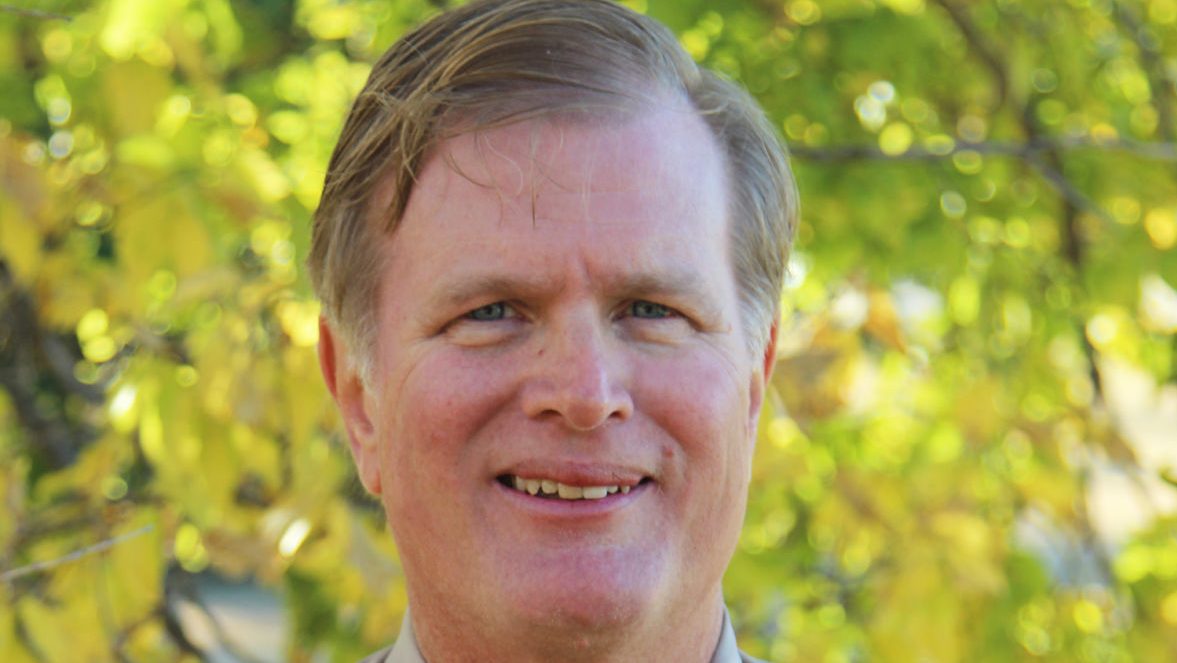Agriculture at times is mischaracterized as a sleeping giant outside of the High Plains region but recent events show a brighter future.
In this week’s edition and online at hpj.com you’ll read stories about segments of innovation in farm machinery and opportunities where growers may find an autonomous application could help meet their needs, particularly in regions where labor availability continues to be challenge.
Also, another dose of great news is the market opportunities for more products being sourced in the High Plains are going to wind up on the shelves throughout the country.
One could say it was a red letter or blue letter day depending on your political persuasion, but it demonstrates what can happen when political leaders put partisanship aside and take the higher road with economic mojo.
When expansions occur and markets open, good-paying jobs that depend on agriculture roll back throughout the production chain. In the case of Hilmar Cheese, executives say a Dodge City plant will employ about 250 jobs when it opens in a couple of years. David Ahlem, president and CEO of Hilmar, was just as excited to tell people at the Sept. 30 groundbreaking about the potential for the dairy industry to continue to expand. Milk will be raised at local and regional dairies and those dairies will need feed to produce high quality milk.
Other states have had similar stories. Sustainable Beef LLC in North Platte, Nebraska, and American Foods in Hope, Missouri, had a recent groundbreaking at their new plant sites. All of these plants show what can occur with a private-public partnerships. In many communities throughout country’s midsection are also seeing locally source food in grocery stores and farmers markets. Also family-owned meatpacker operations are having the confidence to add to their capacity.
We also know that when food processing plants expand they also need community support of good roads, reliable water and sewer services, highways and quality schools. All of those boxes have to be checked before a company ultimately will sign off. Those partnerships start with a high level of trust and the need to recognize that core values of agriculture still matter. Those values include living up to the agreement, being a good steward of resources and exemplifying a can-do attitude. That means exceeding the requirements that state and federal regulators have in place for all the permits to be issued.
Much economic activity occurs during the construction phase and brings additional monies to the community but when the plant goes into its full operational phase the benefits come full circle. It is great news when we see the plants dot the High Plains region where farmers and ranchers also reap the benefits. The spotlight on agriculture—as it feeds a hungry and insecure world—has never been as bright as what we see today. Ultimately farmers and ranchers have to be profitable to lead the charge.
These recent opportunities did not occur overnight. They came as a result of partnerships forged to meet a need. As long as those partnerships remain healthy and profitable, the good news has an opportunity to keep going and that benefits the High Plains.
Dave Bergmeier can be reached at 620-227-1822 or [email protected].

